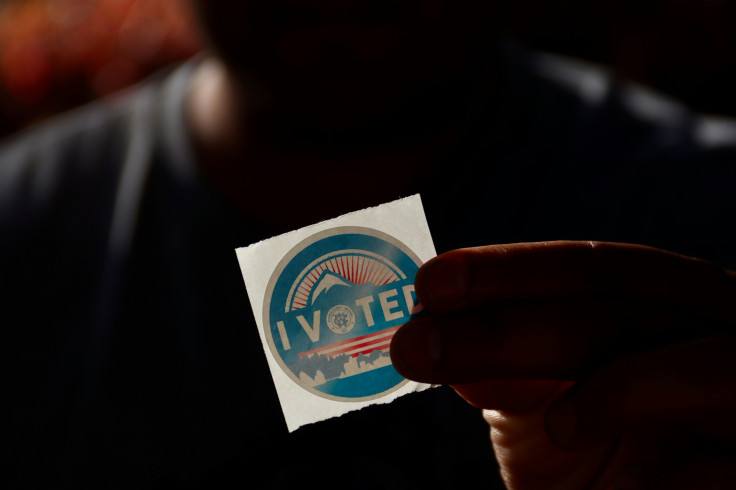
NEW YORK CITY - The Iowa Caucuses for the Republican party have come and gone. The event, which represents the beginning of the presidential election cycle, showed a clear victory for former President Donald Trump, a sign of the support and power he still holds over the party. Now, voters turn their attention to another primary, this time further east in New Hampshire on Jan. 23.
The New Hampshire primaries are set to be a decisive time for GOP candidates. Following a disappointing run in Iowa, former United Nations Ambassador Nikki Haley and Florida Gov. Ron DeSantis will fight head-to-head against front-runner Donald Trump to try to prove that their candidacies still have room to grow.
So far, Trump is leading the Republican field in New Hampshire with 43 percent of likely primary voters planning to cast a ballot for the former president. Haley is in second with 30 percent support, and DeSantis falls in third place with about 6 percent support, Reuters reports.
This primary will be particularly important for Haley, who has spent the most out of the three candidates campaigning in the state, gaining significant momentum in recent months. If Haley fails by a significant amount, Trump will likely gain even more momentum and make his nomination for the general election in November all but done. If she does well, she will likely retain enough donors and interested voters in the subsequent weeks.
Like Iowa, the focus in New Hampshire will be undeclared voters. Unlike Iowa, however, there are more undeclared voters than those registered as Republicans or Democrats, a trend that candidates are predicted to try and take advantage of.
As the 2024 presidential election's first primary rolls around the corner, one question remains to be answered— what about Latino voters?
While in Iowa, one of the whitest states in the nation, Latino participation and persuasion efforts were more or less ignored, it is expected that the Latino vote will increase in importance as Super Tuesday and the general election approaches.
In New Hampshire, 4.6 percent of the population is Latino, making it one of the largest minorities in the state, yet still significantly small compared to the rest of the country. In 2020, only 2 percent of Latinos were eligible and voted in New Hampshire. While this may not be as significant as other states, nevertheless, the Latino vote will rise in salience in the coming primaries, particularly in South Carolina and Nevada, states with much larger members of this demographic.
Here are other five quick facts to know about Latino voters as primary season comes full force:
- Latinos are projected to account for 14.7% of all eligible votes in November 2024, a new high, according to a new report by the Pew Research Center. This share has steadily increased over the past two decades and is up from 13.6% in 2020. In 2000, by comparison, Hispanics made up just 7.4% of U.S. eligible voters.
- The biggest states by number of Latino eligible voters are California (8.5 million), Texas (6.5 million), Florida (3.5 million), New York (2.2 million) and Arizona (1.3 million), according to the Pew Research Center.
- An increasing number of minorities— particularly Latinos, Black and young voters— are more disconnected from the Democratic Party than they have been in decades, a new poll by The New York Times revealed. If President Biden is unable to improve relationships with these demographics, he will most likely lose his re-election bid, polling analysts at The Times suggest.
- Immigration policies and environmental regulations are some of the traditionally some of the most important issues for immigrant voters in presidential elections. In 2024, other issues are likely to rise in salience, including fentanyl and other drug misuse, crime and health care access, ABC News reports.
- Despite what some Republican candidates, like Donald Trump may suggest in their campaigns, undocumented and non-citizen immigrants cannot vote in the presidential elections. Voter fraud of this nature is exceedingly rare, with only 2,000 unsuccessful attempts of noncitizens attempting to register to vote being found in Georgia since 2016. Under the law, only citizens can vote. Illegal voting is severely scrutinized, with lying being punishable by fines, imprisonment and deportation.
Overall, despite the result in the upcoming New Hampshire primary, and the rest of the primaries and caucuses for this election cycle, one thing remains true— Latino voters remain up for grabs for any party and candidate more than even before. As the Latino population rises exponentially across the country, their vote will prove decisive as constituents make their way to the polls later in November.
© 2025 Latin Times. All rights reserved. Do not reproduce without permission.





